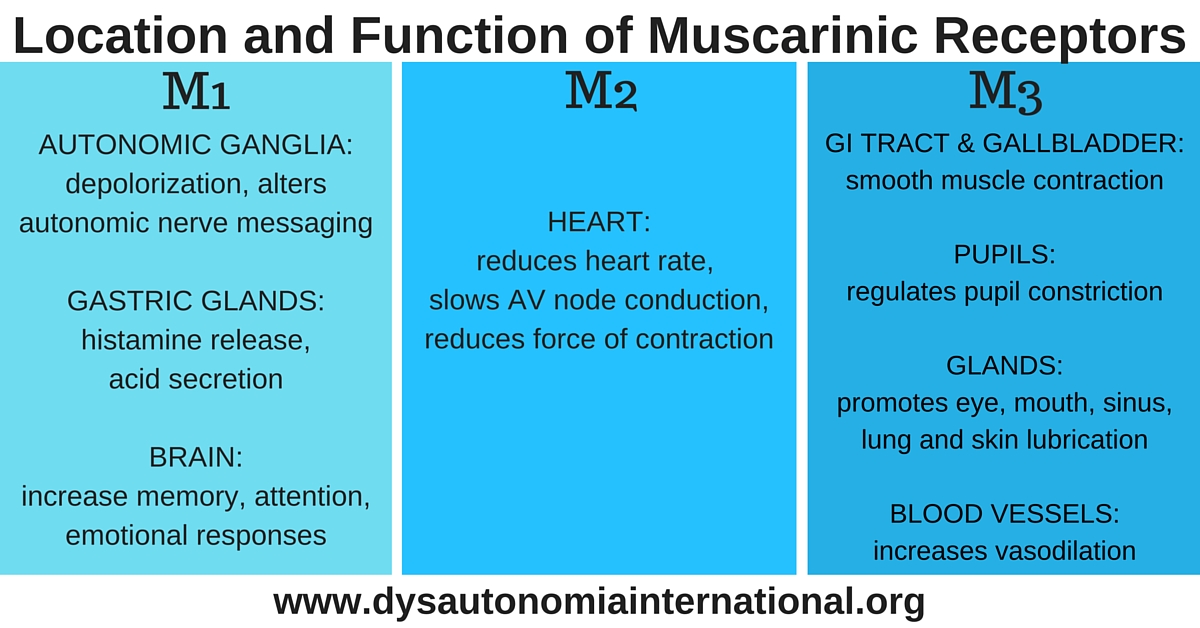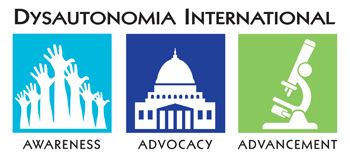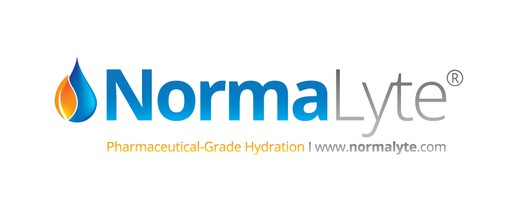Muscarinic Antibody Research Study in POTS
Dysautonomia International partnered with UT Southwestern to conduct a research study during the Dysautonomia International 2016 Conference. Dr. Steven Vernino, the world's leading expert in autoimmune disorders that impact the autonomic nervous system, screened over 150 POTS patient volunteers and healthy controls for three different muscarinic receptor antibodies. These antibodies are known to be associated with dysautonomia, and were found in more than 87% of POTS patients in a smaller preliminary study conducted by Dr. Vernino's lab.
You can make a difference in the lives of POTS patients and give hope to millions. Donate today!

For the past few years, Dysautonomia International has invited researchers to conduct POTS research projects at our annual conference in Washington, DC. This year's conference study will evaluate 150 POTS patients and 25 healthy controls for three muscarinic receptor antibodies known to be associated with various forms of dysautonomia (M1, M2, and M3).

The study will be led by Dysautonomia International Medical Advisory Board member, Steven Vernino, MD, PhD. Dr. Vernino is the Dr. Bob and Jean Smith Foundation Distinguished Chair in Neuromuscular Disease Research and a Professor of Neurology and Neurotherapeutics at UT Southwestern Medical Center in Dallas. "This study will investigate the possibility that some patients with POTS have specific antibodies that affect autonomic function. These antibodies may also help determine if there is a link between POTS and other autoimmune diseases like Sjogren's syndrome," explains Dr. Vernino.
Muscarinic receptors are part of the parasympathetic nervous system. When antibodies bind to these receptors, this may cause problems with parasympathetic nerve messaging, which can lead to dysautonomia symptoms. Muscarinic receptor antibodies have previously been associated with other forms of dysautonomia that may have an autoimmune basis, like Chagas disease, Sjogren's syndrome, and idiopathic tachycardia.
In a preliminary study of 16 POTS patients and 20 controls, Dr. Vernino's lab recently found that more than 87% of POTS patients had one or more of the muscarinic antibodies. The research team also found that M1 was associated with cognitive impairment ("brain fog") and M3 was associated with an abnormal QSART (a test that measures small fiber autonomic nerve function in the limbs). In the upcoming study, we hope to improve the method for measuring muscarinic antibodies, validate these findings, and obtain additional information by repeating this study on a larger group of POTS patients during the 2016 conference.
Identifying the percentage of POTS patients that have these antibodies and comparing the antibody profiles to patient reported symptoms is the first step in understanding how these antibodies impact POTS patients, which will lay the foundation for future research seeking to identify new treatments.
Frequently Asked Questions
Is this different than the POTS antibodies research projects that took place at the 2014 or 2015 conferences?
Yes, this is a separate study looking at different antibodies.
In 2014, we invited researchers from Vanderbilt University's Autonomic Dysfunction Center and the University of Oklahoma to conduct a serum collection during our annual conference to screen for alpha and beta adrenergic receptor antibodies. These are similar to the muscarinic receptor antibodies, but they bind to a different part of the autonomic nervous system. Vanderbilt sent split samples to Dr. Vernino's lab at UT Southwestern to test for ganglionic-AChR antibodies.
In 2015, we invited Mayo Clinic researchers to conduct a serum collection during our annual conference to screen for the Mayo Clinic Labs Autoimmune Dysautonomia Panel, as well as thyroid related antibodies.
The primary results of both serum collections have not been published yet, because research takes a long time. We are in touch regularly with both research teams, they are making good progress. As soon as they publish their findings, Dysautonomia International will be the first to share it. Sign up for our email list and check our Facebook page for updates. If you participated in the studies, your individual results will be mailed to you.
How can I set up an online fundraiser to support this?
You can use Crowdrise or to set up an online fundraiser to benefit Dysautonomia International's POTS Research Fund. Mention that your fundraiser is for this project when you set up the fundraising page, and we will allocate all of the funds you raise to this project.
How can I host a live fundraiser?
There are fundraising ideas and educational materials available for download on our website.
Can I donate by check?
Yes, please print out this form and mail it in with your check to the address listed on the form. Please note "POTS Research Fund - Vernino" in the memo line on your check. All donors will receive a receipt. Dysautonomia International is a 501(c)(3) non-profit and donations are tax-deductible to the maximum extent permitted by law.
| | |




